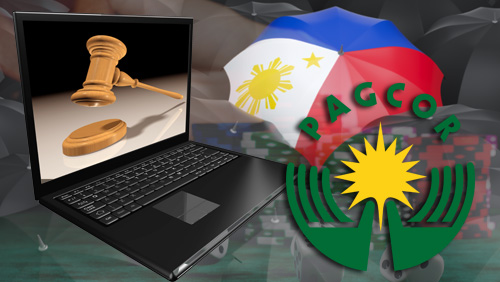State regulator Philippine Amusement and Gaming Corporation (PAGCOR) is being challenged—again—over its right to issue licenses to Philippine-based online gambling operators serving international betting customers.
 This time, it’s a lawmaker who’s doubting the regulator’s authority.
This time, it’s a lawmaker who’s doubting the regulator’s authority.
Last Tuesday, Sen. Francis Escudero questioned PAGCOR’s authority over Philippine Offshore Gambling Operator (POGO) licenses on grounds that the regulator’s charter was enacted before the advent of online platforms for gaming, news outlet Interaksyon reported.
The Senate Blue Ribbon Committee was investigating the PHP50 million (USD1 million) bribery scandal involving gambling operator Jack Lam when Escudero pointed out that there had been attempts in the past years “to find legal means to rein in online gambling, to no avail.”
Yet, Escudero said, “All of a sudden, PAGCOR under the Duterte administration is exercising a role without antecedent facts or legal basis.”
The senator said the authority to issue licenses to online gambling operators should still be with the Clark Economic Zone Authority (CEZA) and the Aurora Pacific Economic Zone and Freeport (APECO)—not PAGCOR whose charter “does not specifically address this technicality.”
PAGCOR has issued 35 licenses over the last six months.
This isn’t the first time the regulator’s authority has been challenged.
In December, anti-corruption advocates at the Union for National Development and Good Governance-Philippines (UNLAD) filed a legal challenge of PAGCOR’s ability to issue the new licenses.
PAGCOR issued a statement saying the POGO licenses were “within the bounds of its charter,” in keeping with its mandate to “operate, authorize and license games of chance, games of cards and games of numbers” in the Philippines.
According to PAGCOR officials, the new POGO program had already generated P936m (US $18.7m) in license application and processing fees, while significantly more will begin flowing soon from online gambling taxes. PAGCOR said these funds would help it in “fulfilling its role as the government’s partner in nation-building.”
PAGCOR is in the process of transitioning from its dual role as both regulator and operator of land-based casinos to a purely regulatory function. Its 11 casinos, which operate under the Casino Filipino brand, as well as its eight VIP slot machine clubs and three slots arcades, are expected to be fully privatized by Q3 2017.





